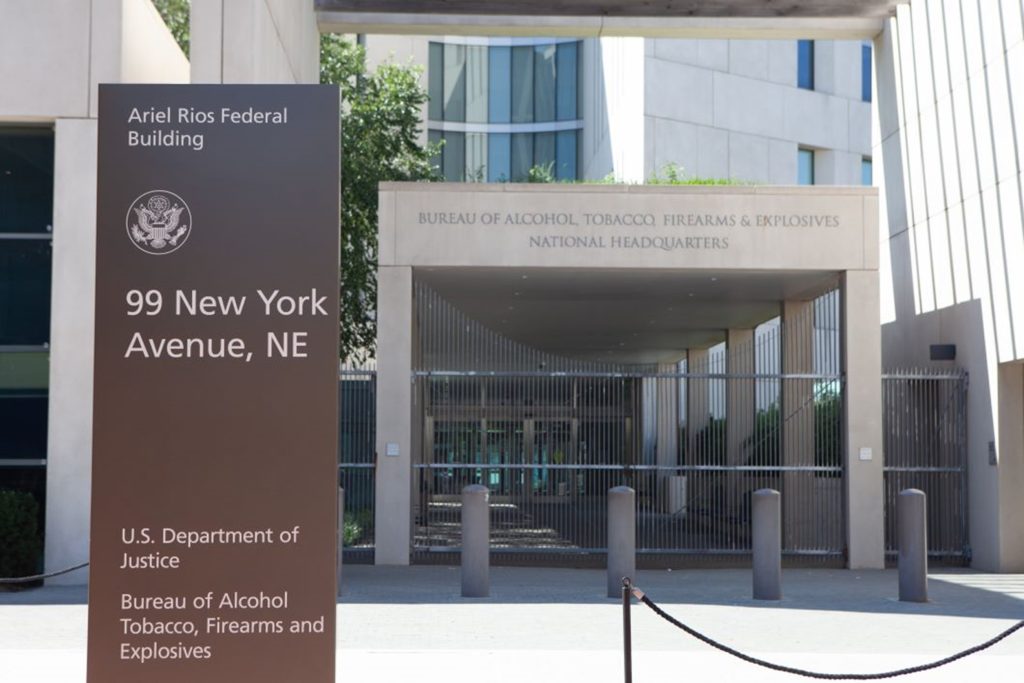
In what some might consider a remarkable about-face, the federal Bureau of Alcohol, Tobacco, Firearms and Explosives has announced a series of policy changes which amount as a slap in the face to the Biden administration.
That much is underscored in the first paragraph of the ATF announcement, which bluntly states, “This is not the same ATF of the last four years.”
According to a post at Wiley Law, “This marks the first – and most substantial – effort in history to roll back restrictions that have caused significant uncertainty and hardship for Federal Firearms Licensees (FFLs).”
The Citizens Committee for the Right to Keep and Bear Arms reacted to the announced policy shift by noting, “We are delighted at what looks like a full reversal of ATF policies initiated under the Biden administration. Under Biden, gun owners and the firearms industry were treated like enemies of the state. The policy shift promises to rebuild trust with licensed dealers, gun owners and the public at large, which were essentially tossed aside by the extremely anti-Second Amendment Biden administration.
“Our hope,” said CCRKBA Chairman Alan Gottlieb, “is that the agency seriously follows through on these much-needed reforms and stops treating gun owners, casual collectors and gun show enthusiasts like criminals. We also hope the agency can weed out those individuals who seemed far too eager to carry out the draconian policies enacted under the previous administration.”
According to the ATF announcement, under new leadership the agency “has already taken significant steps, including:
- Ending the Enhanced Regulatory Enforcement Policy that had targeted firearms dealers.
- Publishing a new Administrative Action Policy that emphasizes firearm traceability and public safety and deemphasizes immaterial paperwork errors.
- Encouraging any federal firearms licensees that had their licenses revoked or surrendered under the Enhanced Regulatory Enforcement Policy to reapply. Those applications will be judged under the new Administrative Action Policy.
- Removing revoked FFL inspection reports from ATF’s public website.
- Instituting a NICS alert policy that restricts use of NICS alerts to federal firearms trafficking violations.
- Establishing a Senior Industry Partnership Advisor/Liaison within the Office of the Director to address industry concerns and foster productive engagement.
- Establishing a classifications board and requiring all new firearm classifications to be reviewed and approved by the Office of the Director prior to publication.
- Ensuring that all rules fairly implement congressional statutes rather than create entirely new laws by administrative order.
- Improving response time from the Firearms & Ammunition Technology Division (FATD) to FFL inquiries.
- Reversing a ban on the importation of non-lethal training ammunition.
Additional efforts currently in progress include:
- Publishing an updated Commerce Report.
- Updating ATF Form 20 (Authorization to Transport Firearms) into a simplified notice-based system.
- Updating and simplifying ATF Form 4473 to make it more concise and user-friendly for both purchasers and FFLs.
- Publishing an open letter on changes to the Brady Chart.
- Ensuring uniformity in dealer inspections and enforcement across regions.
- Publishing an open letter reversing a ban on the importation of dual use barrels.
- Publishing a ruling to allow electronic signatures on NFA forms.
- Reviewing all current regulations to identify and eliminate outdated or unnecessary rules.
In its announcement, ATF stated it is “ushering in a new chapter—marked by transparency, accountability, and partnership with the firearms industry.”
“We are fundamentally changing course with a renewed focus on rebuilding trust with federal firearms licensees (FFLs), gun owners, and the public by prioritizing public safety and collaboration,” the ATF said.